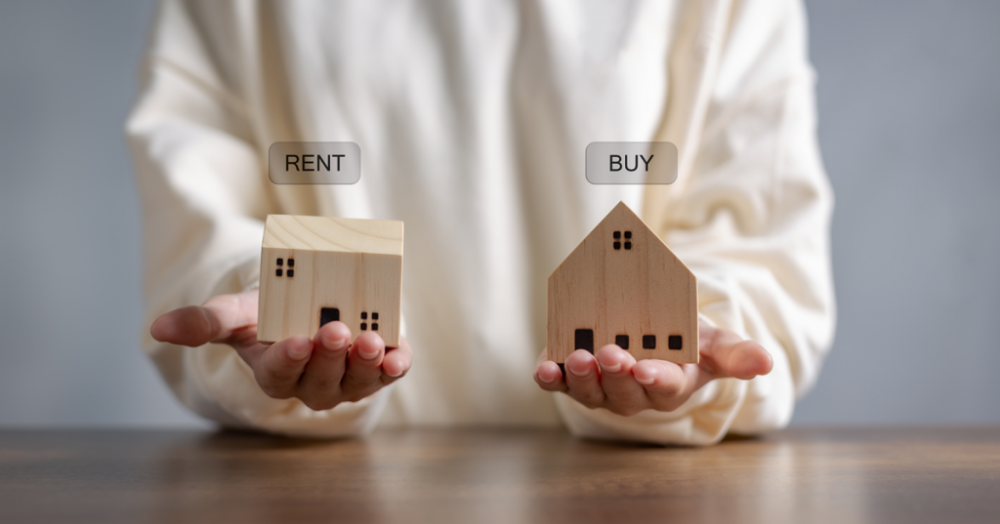One of the biggest decisions that people in the UK face is whether to buy or rent a property. Both options come with their own set of advantages and disadvantages, and the choice largely depends on personal circumstances and financial goals. In this blog, we will explore the pros and cons of buying vs. renting in the UK.
Pros of Buying a Property in the UK
Long-term Investment: Buying a property is a long-term investment that can provide significant returns over time. Property prices in the UK have historically risen, and owning a property can be a good way to build wealth.
Stability: Owning a property provides stability and security, as it gives you a sense of permanence and control over your living space. You are not at the mercy of a landlord or rental market fluctuations.
Freedom: When you own a property, you have the freedom to make changes to it as you see fit, such as renovating or redecorating. This can be a great way to make a property truly feel like your own.
Cons of Buying a Property in the UK
Cost: Buying a property in the UK can be very expensive, requiring a significant amount of upfront capital. You will also have to pay additional costs, such as solicitor fees, stamp duty, and maintenance costs.
Risk: There is always a risk that the value of your property may decrease in the future, and you may end up losing money. The property market can also be unpredictable, and you may have trouble selling your property when you want to.
Responsibility: Owning a property comes with a lot of responsibilities, such as maintaining the property and dealing with repairs. This can be time-consuming and expensive, and can add to the overall cost of owning a property.
Pros of Renting a Property in the UK
Flexibility: Renting provides flexibility, as you can move around more easily without the burden of selling a property. This can be a good option for people who may need to relocate frequently for work or other reasons.
Lower Upfront Costs: Renting a property requires lower upfront costs than buying a property, as you will not need to put down a large deposit or pay for additional costs such as solicitor fees and stamp duty.
Maintenance: As a tenant, you are not responsible for the maintenance and repairs of the property, which can save you time and money.
Cons of Renting a Property in the UK
Lack of Control: As a tenant, you are subject to the rules and regulations of the landlord and may not be able to make changes to the property as you see fit.
No Return on Investment: Renting a property does not provide any long-term returns or build any equity, which can be a disadvantage in the long run.
Limited Security: Renting provides less security than owning a property, as a landlord can decide to end a tenancy agreement at any time, leaving you with the uncertainty of finding a new place to live.
Conclusion
Buying vs renting a property in the UK is a decision that should be based on personal circumstances and financial goals. While buying a property can provide long-term stability and investment, it requires a significant upfront cost and many responsibilities. Renting, on the other hand, offers more flexibility and lower upfront costs but provides no long-term return on investment and less security. Ultimately, the choice between buying and renting a property in the UK depends on individual preferences and goals.

